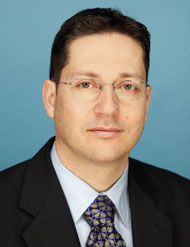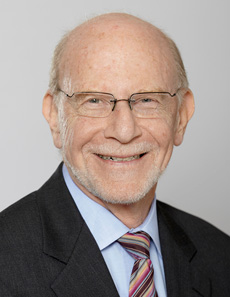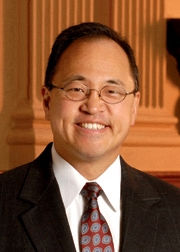Legislative neutrality
For years, I have found the issue of technological neutrality in legislation to be a fascinating area.
Eleven years ago, I wrote about “Illegal content on the internet,” looking at how the industry needed to find ways to tackle child abuse images on the internet.
Carriers are not being asked to be censors. Canada already has laws that forbid certain types of content. If the illegal content is in printed form, our customs agents confiscate it at the border. If these existing laws are to have meaning, we should be taking steps to close the digital loophole.
There are numerous cases where we treat digital content differently from the same material in print form. Generally, those differences result in more lenient regulation of digital content than the print equivalent. The most significant exception to this rule is commercial marketing messages, which are subjected to extremely harsh legislative restriction in electronic form (For a discussion of CASL, see “Snacking on digital policy,” from 3 years ago), but are freely distributed in paper form.
European states, such as Germany, have been closing its digital loopholes for more than a decade. In 2006, I wrote about an EU directive requiring that service providers retain “data necessary to trace and identify the source of a communication” in order to provide law enforcement officials with access to the same information they would have in a paper environment. In 2008, I noted that France ordered ISPs to block hate content. In 2009, I wrote that Germany took steps to protect copyright for content on the internet. At that time, I asked “Are Europeans going to lead in treating digital and conventional content within a technology neutral legal framework?”
Earlier today, Reuters reported “German cabinet agrees to fine social networks over hate speech.” The report attributes to Justice Minister Heiko Maas the statement: “There should be just as little tolerance for criminal rabble rousing on social networks as on the street”.
Why do we still treat the digital world differently?
A few months ago, Canada’s Minister of Innovation, Science and Economic Development Navdeep Bains said “The digital economy is the economy.” He is right.
Perhaps in recognition of the transition of the economy, Canada’s recent Budget promised a review of the legislation that governs the internet:
To ensure that Canadians continue to benefit from an open and innovative Internet, the Government proposes to review and modernize the Broadcasting Act and Telecommunications Act.
In this review, the Government will look to examine issues such as telecommunications and content creation in the digital age, net neutrality and cultural diversity, and how to strengthen the future of Canadian media and Canadian content creation.
As part of that review, Canada might consider exploring those areas in which the digital economy receives different treatment from legacy and determine whether each of the distinctions are appropriate.





